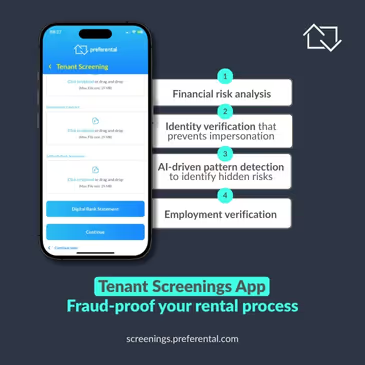Why Home Loans after 60 are a losing Battle
- Banks rarely lend past age 60, loans must be repaid before you turn 75.
- Shorter terms push monthly repayments up by 75% or more.
- Planning before 50 is critical or risk being locked out entirely.
The harsh reality of post-retirement home loans
For many South Africans, owning a home in retirement seems like the ultimate comfort. Yet, the odds of getting a home loan after 60 are slim to none.
Renier Kriek, Managing Director of Sentinel Homes, says lenders see retirees as a higher risk.
“Banks and other lenders are reluctant to offer home loans to retirees because of a higher risk of delinquency,” he explains.
Wealth and assets can tip the scales, but for most retirees, age and income are the deal-breakers.
The 75 Rule: Time is your enemy
Most banks apply a strict rule: a mortgage must be fully paid off before the borrower turns 75.
That means if you apply at 55, you’re capped at a 20-year term. Apply at 65, and you’ll only qualify for 10 years with far higher monthly repayments.
“You’ll end up paying around 75% more per month than someone in their 40s,” says Kriek. For most retirees, that math simply doesn’t work.
Affordability: Pension income isn’t enough
Banks don’t view pension income as stable or sufficient to service a long-term loan. Applicants must prove ongoing active or passive income from consulting, business ownership, or investments.
Lenders test this aggressively. Without consistent inflows, you’ll be declined, no matter how perfect your credit score or how much equity you’ve built elsewhere.
Planning Ahead: The 50-year wake-up call
If you’re still working, the time to prepare is now. Kriek warns:
“You need to think about how you’ll qualify for and service debt when you either don’t want to or can’t work anymore.”
To secure reasonable terms, apply before 50 and start reshaping your portfolio toward properties and locations that will serve you later in life, smaller, safer, and closer to care facilities.
Funding options when the banks say no
When the traditional route is closed, retirees still have a few limited alternatives:
- Renting: Flexible, but risky. Many landlords avoid elderly tenants due to strict eviction laws.
- Using your pension: Possible, but erodes your retirement income and attracts tax penalties.
- Cashing out pension capital: Now heavily restricted under the two-pot system and taxed up to 45%.
- Pension-backed loans: Available from some funds, but defaulting could wipe out your future income.
- Life rights: Affordable entry into retirement villages, but not an asset and cash-only.
- Alternative lenders: Non-bank providers like Sentinel Homes offer instalment sale agreements. Ownership transfers only once the property is paid off, but it allows more flexibility for retirees with diversified income streams.
Retiring sensibly, not desperately
The best defence is foresight. Buy your last home before you retire, structure your debt for full repayment by 60, and avoid relying on pension income for lending decisions.
“People need to face reality,” says Kriek. “Plan for where you’ll live and how you’ll fund it long before the banks stop answering your calls.”
Retirement is supposed to be peaceful, not a financial obstacle course. The sooner you act, the better your odds of owning your home outright when it matters most.












.avif)


.avif)

.avif)




.svg)






.avif)




















.avif)
